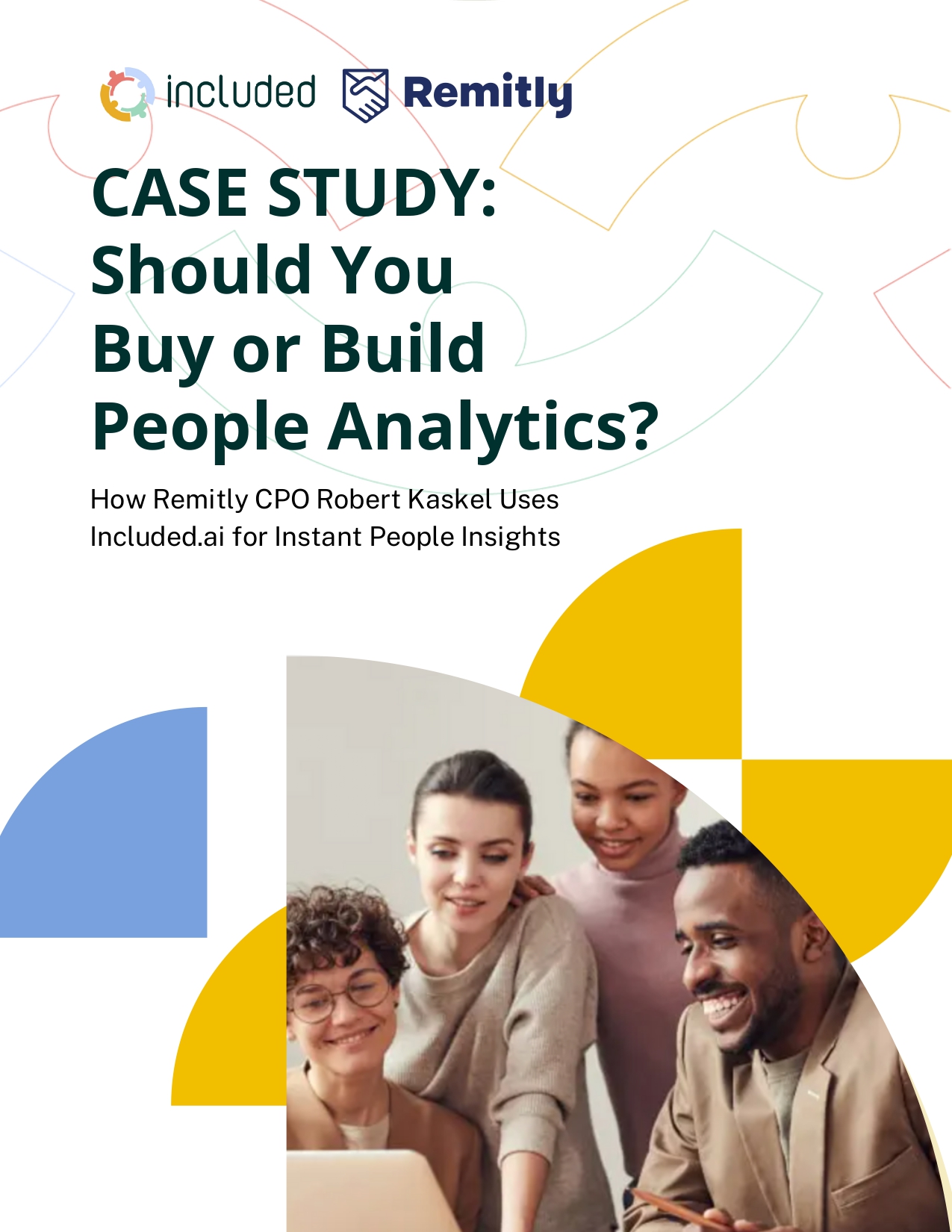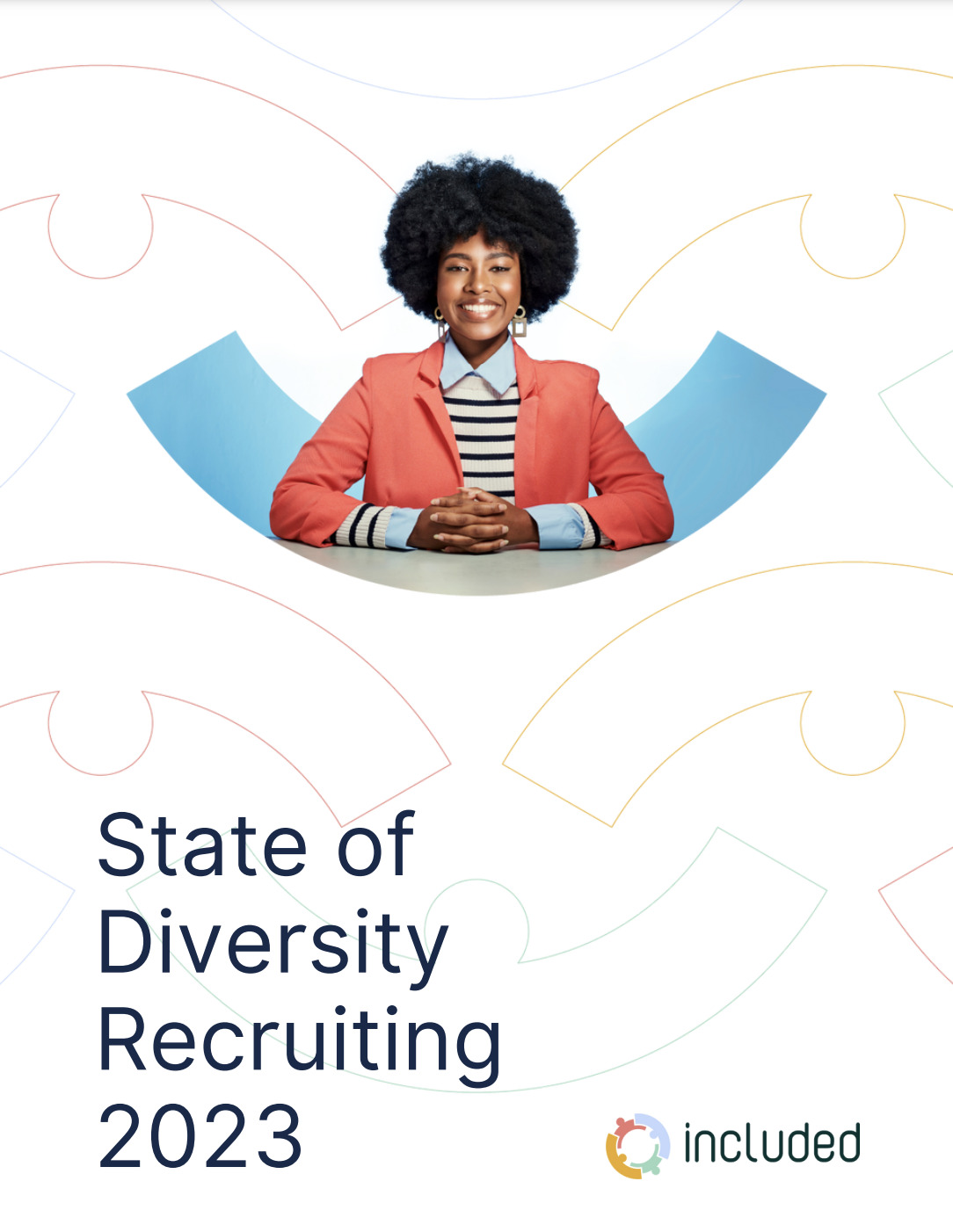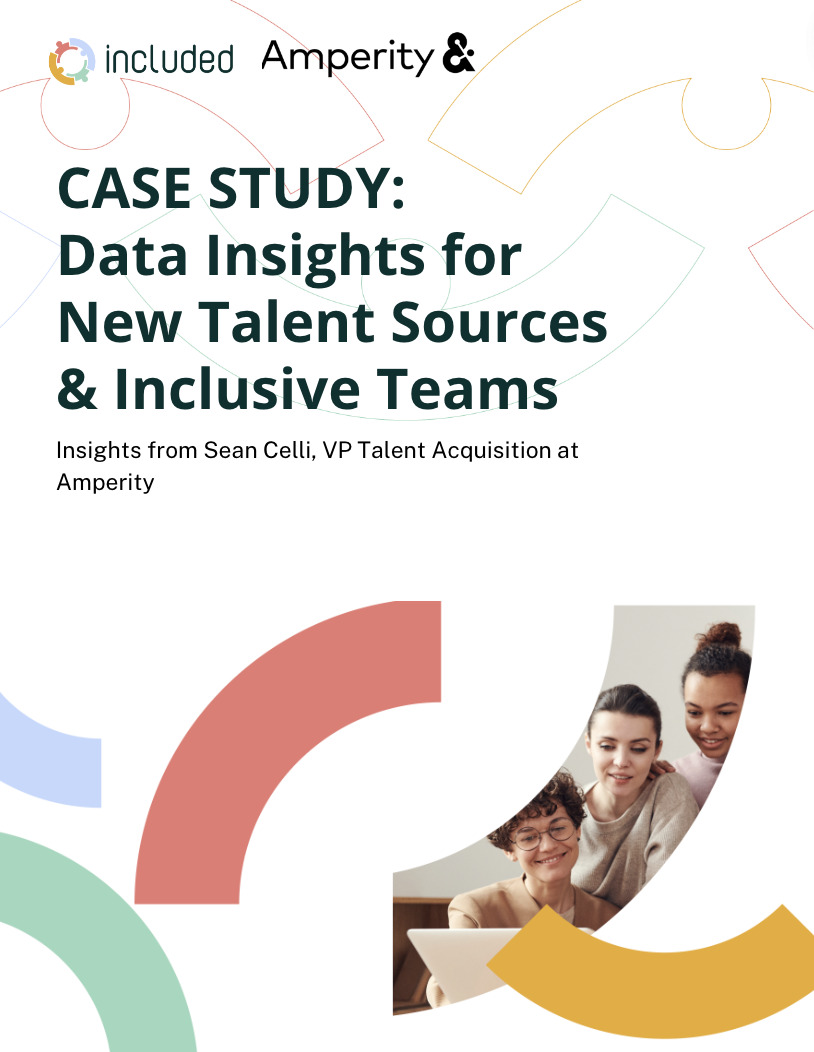But DEI programs are not a cure-all for building diverse workplaces. Issues surrounding a lack of DEI within organizations are often systemic and can’t be solved by implementing slapdash policies. Businesses that are serious about DEI initiatives are also serious about their longevity and are utilizing diversity analytics to not only build a diverse workforce but to boost the overall success of their businesses, too.
We already know that diverse businesses financially outperform their less diverse peers. But without analyzing DEI metrics, businesses cannot expect to reap the other business benefits that can be realized by building a diverse workplace.
Here, we explore just how diversity analytics can help boost your business’s overall performance.
What are diversity analytics?
Whether or not they know it or use it, businesses retain a ton of HR data that HR leaders can use to facilitate and improve DEI decision-making processes and bring about meaningful changes.
What’s important, however, is that organizations dig below the surface of this data to uncover its real value. Measuring DEI starts with taking the foundational HR metrics and standard report data — think top-line metrics found in HR and talent management systems such as demographic, salary and compensation, promotion, headcount, and employee turnover data — and analyzing it to produce valuable insights.
The benefits of using diversity analytics are realized by using a dedicated DEI analytics solution that organizes and unifies your DEI data, and continuously measures and analyzes what’s really going on inside your organization’s hiring, recruitment, and retention processes.
In short, diversity analytics turn static data into powerful, business-relevant insights that help you enhance your DEI initiatives by highlighting areas of success and opportunities to improve.
4 Ways diversity analytics can boost your business
As well as the ethical motivations for putting DEI effort front and center of your business strategy, there’s also a strong business case, too.
However, businesses can’t make valuable changes and enjoy the benefits without first understanding the issues they have at hand — and that’s where diversity metrics and analytics come into play.
Diversity metrics help you identify existing diversity gaps
When it comes to tracking diversity metrics, businesses have often followed a perfunctory approach despite the fact that the business benefits of a diverse workplace have been well-documented for years.
To build a diverse workplace, you first need to know where gaps exist in your current workforce composition. Diversity assessments — which play a crucial role in diversity analytics — analyze your data to provide a report on your company’s current state of representation, and can even produce more granular reports such as “the number of women in the tech team”.
Diversity analytics give HR leaders a broader view of your business as a whole, which in turn helps you plan how exactly you can fill diversity gaps by reframing your hiring and recruitment processes.
Diversity analytics reduce your average time to hire
When businesses first start committing to DEI initiatives and aim to source the best hires from a diverse candidate pool, they often encounter slow, sluggish hiring processes by trying to get it “right”.
Diversity analytics, however, help you actively shorten your recruiting and hiring cycles. For example, Included’s AI-powered DEI platform can assess whether your recruiting platforms are fostering diverse candidate slates and how to fill in the gaps.
Plus, the platform can identify any URG (underrepresented group) candidates in your ATS that were overlooked in previous hiring cycles. This enables recruiters to pinpoint these previously vetted candidates and potentially add them to the slate — saving you hours in candidate sourcing exercises.
DEI metrics enable you to outperform your competitors across the board
Being able to deftly navigate the “The Great Resignation” is a top business concern — and the best way that organizations can do this is by outperforming their competitors on all fronts.
Outperformance doesn’t just refer to financial competitiveness (although organizations that embrace DEI have been found to outperform their peers) but how businesses weather this trend as a whole.
A huge body of research shows how a diverse, inclusive, and equitable workplace helps businesses:
- Hire and retain top talent
- Better understand and represent their customers
- Solve business problems faster
- Improve employee engagement and productivity levels
By tapping into diversity analytics, you can identify your diversity gaps, incorporate this knowledge into your HR strategy, and begin enjoying all of the business benefits listed above — as well as outperforming your competitors.
A diversity analytics platform provides you with a single source of truth
Tracking and analyzing diversity metrics is not a box-checking exercise. And without a single source of truth, organizations often struggle to collate and combine data from disparate platforms and retrieve valuable DEI data and analytics from them.
With a robust diversity analytics platform, businesses can standardize their processes for collecting, analyzing, and visualizing data to enable them to establish their DEI efforts within a meaningful long-term strategy, rather than a standalone exercise. Plus, with a DEI-focused platform, there’s no need for teams to waste time learning how to compile and analyze data themselves.
Enhance your DEI efforts and business outcomes with diversity analytics
With so much data at their fingertips, it’s time for businesses to start using diversity analytics to not only improve DEI across their organizations but embrace it as part of their corporate culture and overall business strategy.
The main challenge to businesses is that they often don’t realize what’s happening inside their own organizations. Unconscious bias, inequitable hiring practices, and pools full of identical candidates can all go unidentified without the right technology in place.
Enabling you to make meaningful connections across your data and systems, diversity analytics help you make real progress with your DEI initiatives and boost your business’s performance. If you’re ready to build winning teams through your DEI initiatives, schedule a demo with our expert team today.












